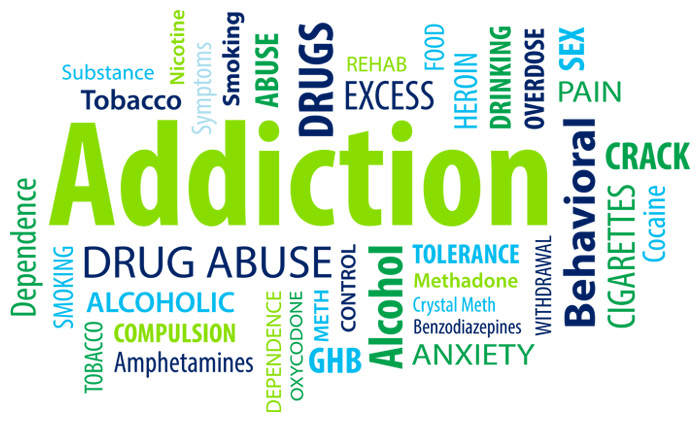Food addiction pathways and obesity

Food addiction pathways and obesity are avenues of gaining unhealthy body weight
Food addiction pathways and obesity: The connection of food and weight gain
Addiction is dependence on a substance that the affected individual feels powerless to stop. Millions around the world have addictions problems, and food addiction is among one of the most common. Doctor Dalal Akoury MD is addiction veteran and founder of AWAREmed health and wellness resource center agrees with the research findings that nearly 80% of gastric bypass pre-surgical patients suffer from food addiction. Several research experts across the globe, have established that the behavioral biochemical causes and effects underlying food addiction pathways are nearly identical to those of other self-destructive addictions. Food is a basic need, but when we turn to food as a solace to coping with our low feelings of self-worth then there is a problem as we are going to find out following.
Food addiction pathways and obesity: Turning to food to cope with feelings of low self-worth
One of the most common behavioral characteristic of individuals suffering from self-destructive addictions is harboring the feeling of not being good enough. Feelings of low self-worth, may cause a poor self-image, low self-esteem, depression, anxiety, the need to over achieve and an intense and chronic fear of failure. Professionals studying addictions believe that society contributes to the development of addictions by establishing unreasonable or unreachable criteria for worthiness. The “addict” not only have negative feelings regarding self but has also failed to develop appropriate stress coping. Instead of confronting life stressors directly or finding healthier ways to manage emotions such as through exercise, journaling, relaxation, spiritual care, therapy etc., the “addict” seeks to avoid unpleasant feelings by eating, drinking alcohol, smoking, using drugs, gambling and various other ways of escaping from reality.
One collaborative study found that more than 90% of pre-surgical morbidly obese patients use avoidance stress coping behavior to handle emotions, seeking comfort from negative feelings and stressful situations through the use and sometimes the abuse of food. There are strong associations between avoidance coping behavior, food addiction and lack of control over eating. Most food addicts feel that they have no control over their addiction in spite of having complete knowledge of its negative social and health consequences. They recognize the adverse effects the addiction has on friends, family, and self, but feel powerless over such behavior. This generates feelings of guilt and remorse thereby worsening the addictions and setting in motion a vicious cycle of avoidance and abuse.
Finally, doctor Akoury reiterates that, any negative feelings toward self, remorse, guilt and inappropriate stress coping behavior may cause neurochemical changes within the brain that adversely influence mood and cause a physical dependency for the addictive substance. These neurochemical defects occur in the limbic system of the brain, the area of the brain that controls mood and basic functions such as eating. And that explains the passionate reason that made doctor Akoury to create this medical facility to primarily help each individual’s life through increasing awareness about health and wellness and by empowering individuals to find their own inner healing power. Besides, Akoury’s practice focuses on personalized medicine through healthy lifestyle choices that deal with primary prevention and underlying causes instead of patching up symptoms. You can reach her on telephone number 843 213 1480 for further professional guidance.
Food addiction pathways and obesity: The connection of food and weight gain
http://regenerativepotential.com/wp-admin





